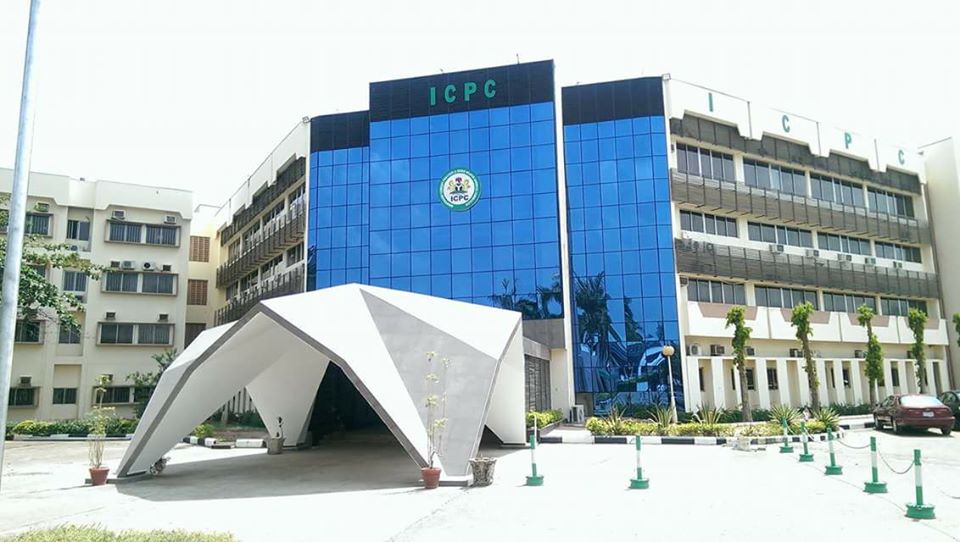The Director, Consumer Affairs Department, Nigerian Shippers’ Council (NSC), Ms Azuka Ogo, said that the council had been collaborating with many local and international organisations to eliminate corruption at the ports.
Ogo made the disclosure at a two-day workshop on “Corruption Risk Assessment and Implementation of Integrity Plan in the Ports Sector’’, held on Tuesday in Lagos.
According to her, the council has equally held series of round table conference in other to proffer lasting solution to the problems facing the ports users.
Ogo said that the council would establish a port operation tool within the Single Window System to enhance the development of the port sector
She said that there was need for a Nigerian port operator to have visible Complaints Desk or Complaints mechanism.
Ogo said that it was agreed that operators in Nigerian ports should have a handbook or manual.
“The NSC as the economic regulator for Nigerian ports has been taking note of the outcome of a survey which shows that a large number of government officials request facilitation of payments in the ports.
“The request varies from ports and the survey also shows refusals to pay, delays and allegations of irregularities of documentation or operations between 2014 and 2015.
“In 2014 and 2015 there has neither been any significant improvement in vessel waiting time or ease of interacting with the authorities,’’ Ogo said.
In a message to the workshop, the Country Director, United Nations Development Programme (UNDP), Mr Pa Lamin Beyai, said that the organisation was set up to strengthen accountability and respect for the rule of law.
Beyai was represented by the Programme Associate of UNDP, Mr Segun Olusola.
He said that the UNDP was also working toward strengthening compliant with international standard and human rights and equitable access to justice.
The UNDP chief said that the organisation had capacity at both the Federal and State levels for coordination of law reforms and service delivery for justice in the sector.
He said that to eradicate corruption in Nigeria, the UNDP had introduced Corruption Risk Assessment (CRA) in 2011 in collaboration with some organisations.
Beyai said that the organisations were Bureau of Public Procurement (BPP), Independent Corrupt Practices and other Related Offences (ICPC) and the Technical Unit for Governance Action Reform (TUGAR).
“UNDP has trained and certificated 67 Nigerian risk assessors.
“At the request of Maritime Anti-Corruption Network (MACN), corruption risk assessment was conducted on six Nigerian ports such as Tin Can, Apapa, Warri, Onne, Port-Harcuort and Calabar ports.
“The survey has given opportunity to newly-certified assessors with the main purpose of intervention to improve CRA proposal for integrity in the port sector,’’ Beyai said.
Also speaking, Mrs Rasheedat Okoduwa, Director, Public Enlightenment, ICPC, said the workshop was part of anti-corruption intervention in Nigeria’s ports sector being executed by the commission.
Okoduwa said that the statutory powers of ICPC encompassed enforcement, prevention and educating against corruption.
She said the ICPC had power to examine the system and procedures of government agencies and review those systems that were corruption-prone.
“In three years running, ICPC had led collaboration involving BPP and TUGAR; playing a strong coordinating and secretariat role.
“We are currently in the process of implementing the prioritised components of the plan, of which this training workshop is one,’’ Okoduwa said.
The Chairman of MACN, Mrs Ceciliia Torbrand, said the body was established in 2011 to promote good corporate practices in the maritime industry for eliminating bribery, facilitating payments and stamping out corruption.
Torbrand said MACN was set up to implement and share best practices as well as create awareness of industry challenges faced by vessel owing companies and other port operators.
“One of MACN’s responsibilities is to tackle issues affecting port terminal operators, shipping agents, freight forwarders, cargo owners and others,’’ she said.
Torbrand said that MACN had been implementing collective action projects in Egypt, Nigeria, Argentina and Indonesia.


